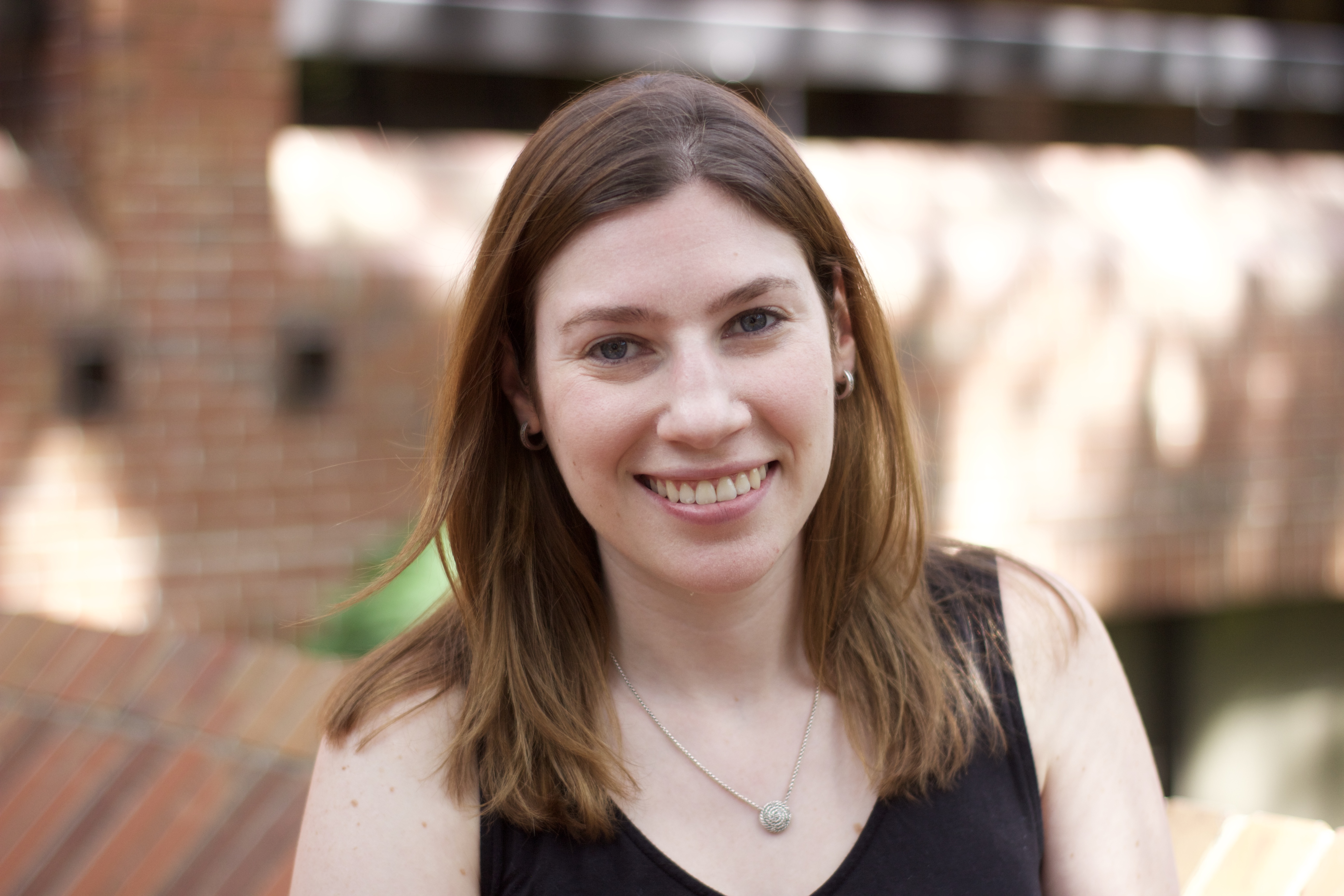
Meet Sara Germansky, a second-year Anita Zucker Center doctoral student affiliate. Committed to creating a more empowered and effective early childhood workforce, Sara works alongside advisors Drs. Patricia Snyder and Brian Reichow.
Alexis Brown: Let’s begin the interview by discussing your background and your motivation for working in the field of early childhood and special education.
Sara Germansky: I started working with children who were younger than me as a third-grade student. At the time, there was a program at my elementary school which allowed me to spend time with children without homes in New York City. I loved playing games and doing other activities with them each Friday, even if just for a few hours. After that experience, I continued to engage in activities related to my passion for community service throughout middle and high school.
When the time came to choose a college major, my dad asked me what types of activities I liked to do. I replied that I loved investing in children. He suggested I pursue study in the area of child development. At the end of my freshman year of college, I chose to study special education. By senior year, I’d taken an Introduction to Teaching Early Childhood class, taught by an amazing professor. That experience sealed the deal for me.
MORE ABOUT SARA
Sara is a second-year doctoral student at the Anita Zucker Center.
HOMETOWN: New York City, New York
RESEARCH INTERESTS: Educating and training early childhood staff
DEGREES:
Bachelor of Science, Child Studies, Vanderbilt University
Master of Education, Focus on Early Childhood Education, Vanderbilt University
FUN FACT: Sara just became an aunt!
AB: What’s something about early childhood that most people don’t know?
SG: Most people do not fully recognize how important the birth-to-five period is for a child’s development. More brain development happens during those five years than during any other period in life! I think a lot of people also might not recognize that investing in children and families even before their children are born can help to alleviate other societal problems we’re currently facing.
AB: What’s the coolest thing about your work at the Anita Zucker Center?
SG: The coolest part of being a Center member is the countless opportunities to engage in research, community, and advocacy activities. While the Center is well known for its research activities, I’m also proud of its extensive focus on community outreach. We assist with community events around Gainesville and are actively involved in the development of SWAG’s CHILD Center. It is really humbling to be a part of a place like this.
AB: What’s a way that your work has impacted your perspective on early childhood?
SG: I’m not sure that since being at the Center that my perspective has changed on early childhood. However, I’ve gauged over my tenure here that my understanding and commitment to young children’s development has strengthened.
Since being a student at the Center, I’ve learned and thought critically about law and policies — understanding how they play out in schools and in courts. This was a big shift for me, given I often thought these topics felt too lofty to tackle.
AB: What’s a challenge that you’d like to tackle for the benefit of children and families?
SG: That is a loaded question! However, at this point, I would like to help caregivers and early learning staff (e.g., paraprofessionals, those currently considered child care staff) understand and implement recommended practices for both instruction and behavior management. Ideally, all early learning environments (be that at home, an early learning classroom, or any other place where young kids spend a lot of time) could be high quality, so that all young children are getting the best start possible.
Story and Portrait by: Alexis Brown
